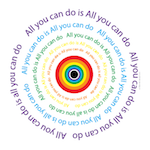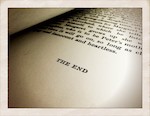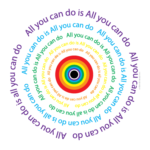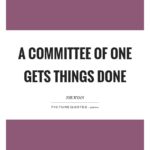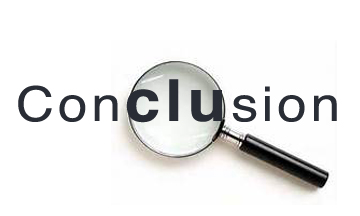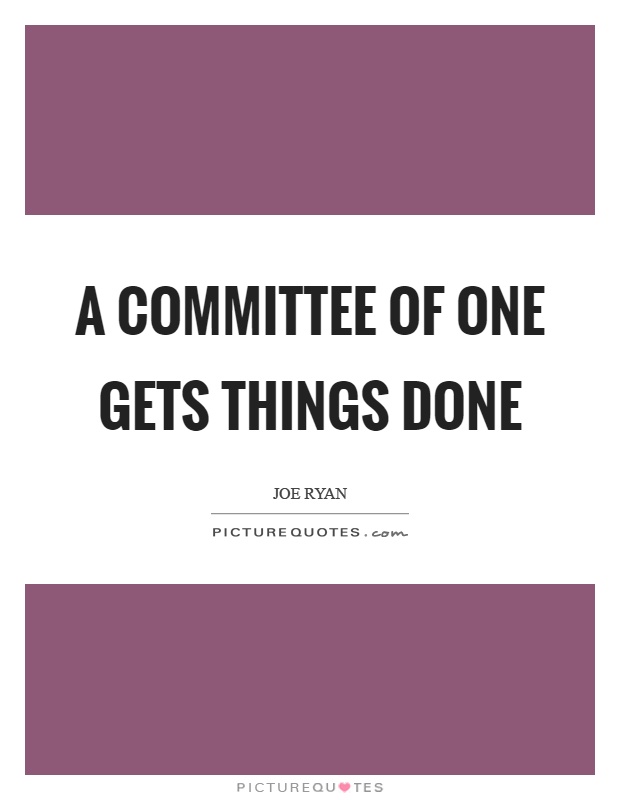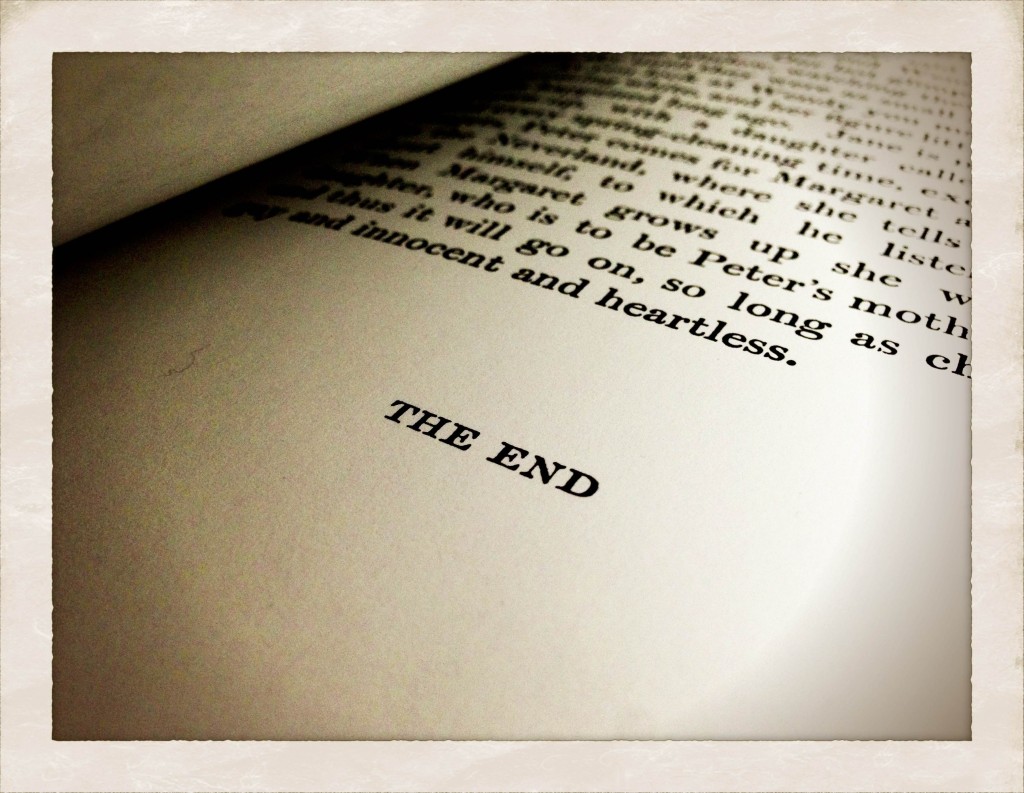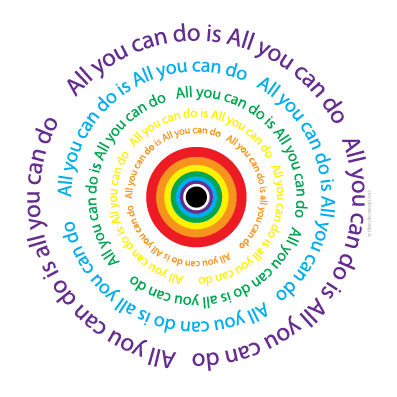“When the water starts boiling it is foolish to turn off the heat.”
—Nelson Mandela, late South African anti-apartheid political leader

Image from Unsplash by Derek Story
On most mornings I wake up very early and head to the health club to kick start my day. My club is located near my office, about 15 miles from my home.
Given the light traffic at this early hour, I do my best to avoid stop lights by adjusting my use of the gas pedal and brakes. This maintains my momentum and improves my fuel efficiency.
EXERCISE:
What are some of your personal or professional projects in which the water is already boiling?
How can and will you keep adding another log to the fires of your current momentum to achieve even more extraordinary outcomes?


